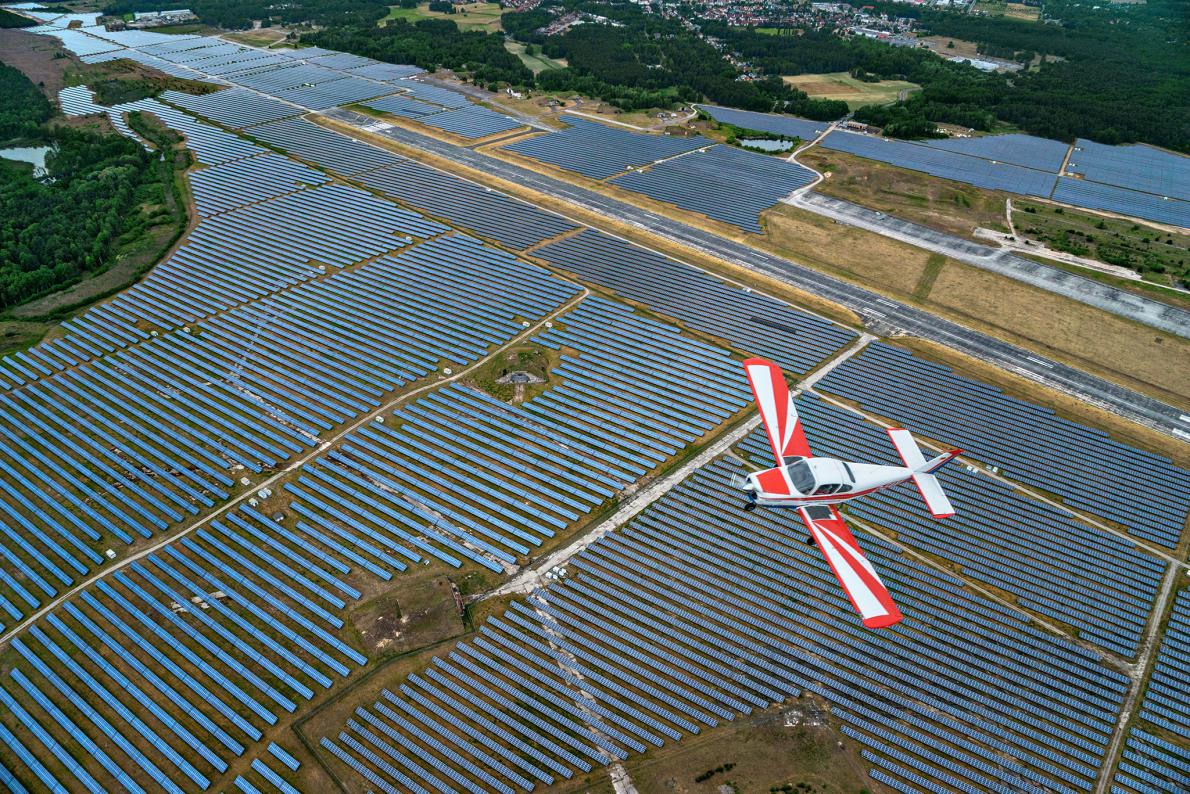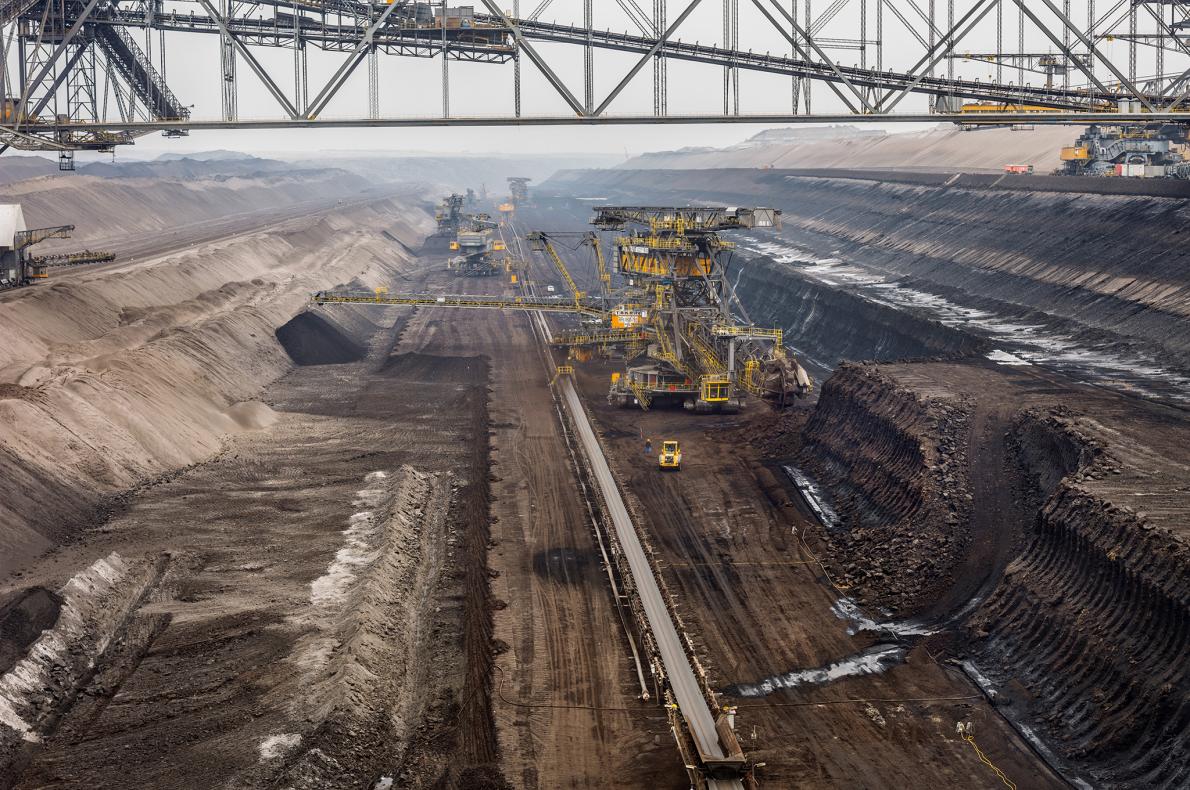PBS: Escaping Eritrea … [Read More...] about ካብ ውሽጢ ቤት ማእሰርታት ኤርትራ
Historic New Climate Deal: Surprises, Snubs, and What it Really Means
The world’s countries have agreed to initiate a momentous shift away from fossil fuels. Who are the winners and losers? What are the surprises? And what does it all mean?

The world came together.
More than 20 years after world leaders first tried hammering out an accord to tackle climate change, representatives of 195 nations on Saturday adopted a landmark agreement that seeks to scale back greenhouse gases and trigger a momentous shift away from coal, oil, and natural gas.
“It’s rare to have an opportunity in a lifetime to change the world,” French President Francois Hollande told the delegates Saturday, before the final decision came at about 7:30 p.m. (Central European Time).
After the agreement was reached, U.N. Secretary General Ban Ki-moon declared, “What was once unthinkable, is now unstoppable.”
Two weeks of marathon deal-making, which started with high hopes, ended with a surprisingly ambitious pact. Its 31 pages commit wealthier nations to provide billions of dollars to poor countries to battle rising seas and extreme weather, and called on every nation to begin a rapid transition toward clean energy.
It remains to be seen how well nations will follow through on these pledges – and whether the newly aggressive goals can be achieved. But as a blueprint for the future, diplomats were clearly proud of their efforts, and even many skeptical climate activists praised the unexpected boldness of portions of the agreement.
“Countries have united around a historic agreement that marks a turning point in the climate crisis,” said Jennifer Morgan, international climate expert with the World Resources Institute.

Former U.S. Vice President Al Gore added, “Years from now, our grandchildren will reflect on humanity’s moral courage to solve the climate crisis and they will look to December 12, 2015, as the day when the community of nations finally made the decision to act.”
Here are highlights of the deal–some surprises, some snubs, what it means, and where it takes us:
SURPRISES
1.5 Degrees
Aside from the fact that there’s an agreement at all, perhaps nothing was more unexpected than the ambitiousness of its goal: Negotiators came to Paris with a mission to stop the rise of greenhouse gases before they cause irreversible harm to the planet. Countries previously had set a target of limiting warming to no more than 2 degrees Celsius. But the new accord commits the planet to limiting global temperature rise to “well below 2 degrees Celsius.” And it adds that nations will do so while also “pursuing efforts to limit the temperature increase to 1.5 degrees.”
Given the years of failed efforts, few delegates would have expected such language. What changed? Scientific reality. Recent research has suggests sea level rise, particularly for low-lying Pacific Ocean nations like the Marshall Islands or Kiribati, is likely to swamp entire nations, even if warming is limited to 2 degrees.
The 1.5 target will not be legally binding but “it’s the fire under the agreement that helps spur an acceleration of everything we do,” says Liz Gallagher, with E3G, an international activist group promoting a transition to sustainability.
Island Nations
Another surprise was the growing clout and influence of Pacific Ocean states and small developing countries–such as South Africa–whose unity and consistent moral outrage helped forge a coalition that no one would have imagined a few years ago. Developed nations, including the United States and some in the European Union, joined their push for more aggressive action. The group called itself the Higher Ambition Coalition, and delegates entered the hall during their last meeting wearing coconut fronds on their lapels.
Before delegates began debating the final document, Tony de Brum, minister of foreign affairs for the Marshall Islands, posted a picture of himself on Twitter rocking an infant with a message: “My tenth grandchild. This is who I am fighting for today.”
Ratcheting of Ambition
Before arriving in Paris, 187 countries, representing more than 90 percent of all carbon dioxide emissions, submitted plans to reduce their emissions in coming decades. Those plans come nowhere close to reaching the goal of limiting warming to 2 degrees – let alone 1.5 degrees. In fact, analysis by two teams–one in Germany, one associated with the Massachusetts Institute of Technology–say the plans, if followed, would lead to between 2.7 degrees or 3.5 degrees of warming.
But on Saturday delegates agreed that countries will need to start ratcheting up those long-term plans far sooner than expected. Beginning in 2018, delegates will have to start coming back together to evaluate their progress, and by 2020, new, more ambitious plans would be expected from many. The idea is that Saturday’s agreement and advances in technology could so thoroughly change the marketplace for renewables such as wind, solar and wave energy that it may well be possible for countries to make their transitions even faster–and cheaper.
SNUBS
Fossil Fuels
In the middle of the last decade, after years of failed efforts, global momentum on the transition to clean energy stalled. In recent years it came back, but few would have expected Saturday’s agreement to so forcefully speak of a desire to end fossil fuel emissions entirely. The document calls for reaching “peak” emissions in a few decades and then moving toward zero emissions in coming decades, even if that means depending on technologies that draw carbon dioxide out of the air.
What was clear, above all, however, was that countries gathered in Paris considered it essential that the world move beyond the fossil fuel era. We could see that just in the push for a 1.5 degree limit on warming.
Put another way, says Kumo Naido, with Greenpeace, “That single number…will cause consternation in the board rooms of coal companies and the palaces of oil-exporting states.”
Saudi Arabia
The oil giant has been one of the most reluctant parties to any climate agreement, often using its clout in the Middle East to drag others away from the negotiating table. While Saudi Arabia participated in the process in Paris, it also threw up roadblocks from time to time, trying to maintain its grip as a major source of energy for the world.
Now, with oil prices in a slump, and its economy battered more than usual, Saudi Arabia will face a dramatic transition rivaled by few.
WINNERS
Climate Activists
In recent years, activists like former NASA scientist James Hansen and author Bill McKibben have attacked fossil fuels at every turn, arguing against the Keystone pipeline or the export of coal to Asia through ports in the Pacific Northwest. They’ve pushed universities and foundations to divest from coal and oil in their holdings–winning some battles and losing others.Critics often complained that each individual battle didn’t seem to add up to much, but the activists were consistent. They argued again and again that more fossil fuels needed to stay in the ground in order to keep the world safe. That strategy helped keep climate change on the agenda and today, it appears, diplomats from nearly 200 countries more or less decided to agree with them.
Energy Investors
Moving from a fossil-fuel dominated world to one powered by clean-energy is not easy or simple. And it has been frustrating for many in the business world to figure out where to put their energies–and their cash. From hedge fund managers and bankers to energy financiers, many had asked over and over again for some sense of what the future holds. Some were sympathetic to activists urging a divestment from coal and other fossil fuels, but also had obligations to shareholders. They needed assurances that stepping out of investments in coal or oil would be wise.

Now, finally, they know.
“What they wanted was a signal about the way the future economy would be shaped,” says Michael Jacobs, a political scientist with New Climate Economy, which works with the World Bank and others to push for a transition to renewables. “This is a signal that the world is on an irreversible, irrevocable downward trend in emissions. I think this is remarkable.”
The French Government
Throughout the week, delegates and negotiators continually praised President Francois Hollande and Foreign Minister Laurent Fabius for the way they led the negotiations. Where other negotiations failed, the French repeatedly found ways to make even the most frustrated countries feel empowered. But they also pushed and pushed everyone for a deal, even warning early on Saturday that their children and grandchildren would remember this day if they failed to come together.
Roger Harrabin, an analyst with the BBC, said earlier in the week that Fabius “has used his first-name terms with delegates to create the atmosphere of a family trying to solve a common problem. He will go down in history as one of the great diplomats if he pulls off this extraordinary deal, affecting the politics and economics of every nation in the world.”
Read more: See What Climate Change Means for the World’s Poor
